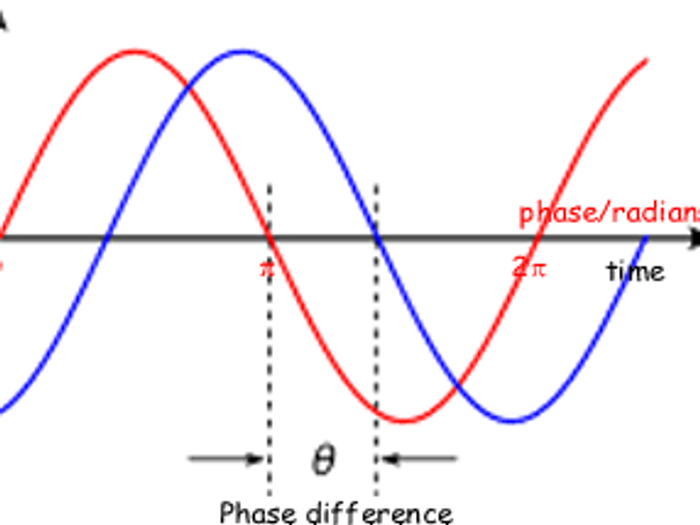


wake, rapid eye movement (REM) and slow-wave sleep (SWS)) ( Watson et al., 2010 Lee and Dan, 2012). The brain’s neuromodulatory milieu changes significantly between different vigilance states (i.e. In contrast, sleep deprivation was associated with the disruption of the strengthening of glutamatergic synapses, and the reduction of dendritic spines in CA1 and DG pyramidal neurons of hippocampus ( Havekes et al., 2016 Raven et al., 2019). Other examples include motor cortex of adult mice, where dendritic spine growth occurs in a sleep-dependent manner immediately following motor learning ( Yang et al., 2014) or visual cortex of juvenile cats and adult mice, where indicators of synaptic strengthening are present during sleep after a novel visual experience ( Aton et al., 2009, 2013 Puentes-Mestril et al., 2019). For example, in hippocampus, cellular indicators of synaptic strengthening increase during sleep in the hours following spatial or contextual learning ( Ribeiro et al., 1999 Ognjanovski et al., 2014, 2017 Durkin et al., 2017). Numerous results have shown that sleep promotes changes in network organization following the learning experience in order to consolidate new memories throughout the brain ( Maquet, 2001 Diekelmann and Born, 2010 Ognjanovski et al., 2014 Durkin et al., 2017 Ognjanovski et al., 2017 Klinzing et al., 2019 Puentes-Mestril et al., 2019). synaptic renormalization hypothesis ( Tononi and Cirelli, 2014)) as well as its participation in memory storage and consolidation ( Benington and Frank, 2003 Stickgold, 2005). Studies have implicated the role of sleep in mediating the overall homeostatic depotentiation of brain connectivity after active storage during waking (i.e. Sleep is crucial for normal cognitive functions ( Deak and Stickgold, 2010 Wilckens et al., 2014), however, the mechanistic underpinnings of its brain-specific functions are largely unknown. Together, these findings provide insight into how new neurons are recruited into memory traces during sleep, a mechanism which may underlie system memory consolidation. This result is experimentally corroborated by frequency-dependent frequency changes observed in vivo experiments. We show a dramatic, state-dependent change in information flow throughout the network, with highly active hub cells integrating information in a high-acetylcholine state, and transferring it to rest of the network in a low-acetylcholine state. We further examined the network’s dynamics and its reorganization mediated via changing levels of acetylcholine within the context of different scale-free topologies, comparing network activity within the hub cells, a small group of neurons having high degree connectivity, and with the rest of the network. Through in silico modeling of neuronal networks, we show how spiking dynamics change in highly heterogenous networks under varying levels of cholinergic tone, with neuronal networks under high cholinergic modulation firing asynchronously and at high frequencies, while those under low cholinergic modulation exhibit synchronous patterns of activity. Furthermore, experimental perturbation of cholinergic tone has been shown to impact memory storage. In particular, global acetylcholine levels change across the sleep/wake cycle, with high cholinergic tone during wake and REM sleep and low cholinergic tone during slow wave sleep. Although we do not fully understand the mechanisms of network reorganisation driving memory consolidation, available data suggests that sleep-associated neurochemical changes may be important for such processes. Sleep is indispensable for most animals’ cognitive functions, and is hypothesized to be a major factor in memory consolidation. 4Department of Physics and Biophysics Program, University of Michigan, Ann Arbor, MI, United States.3Department of Molecular, Cellular and Developmental Biology, University of Michigan, Ann Arbor, MI, United States.2Neuroscience Graduate Program, University of Michigan, Ann Arbor, MI, United States.1Department of Mathematics, University of Michigan, Ann Arbor, MI, United States.Paulina Czarnecki 1 † Jack Lin 2 † Sara J.


 0 kommentar(er)
0 kommentar(er)
